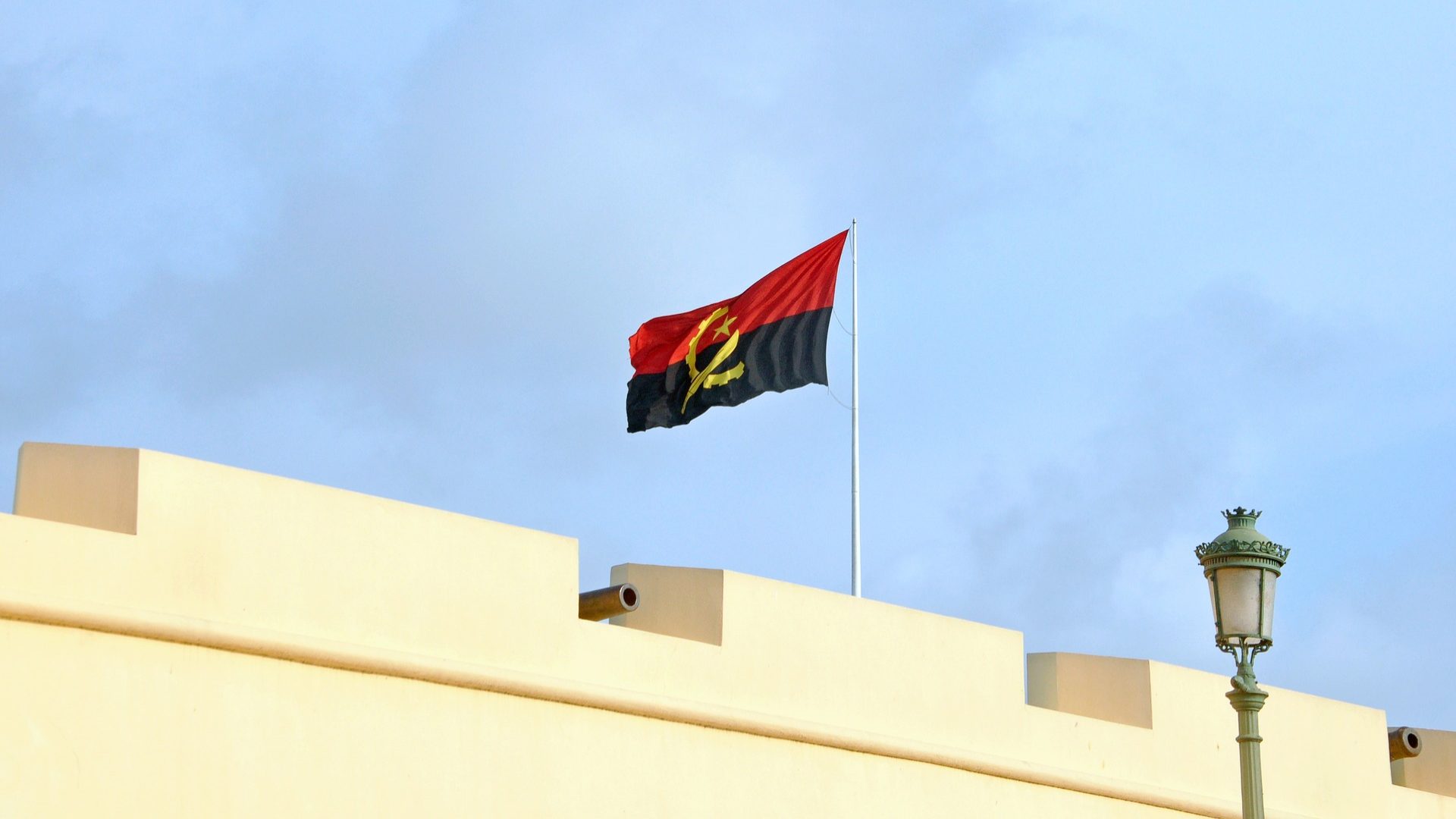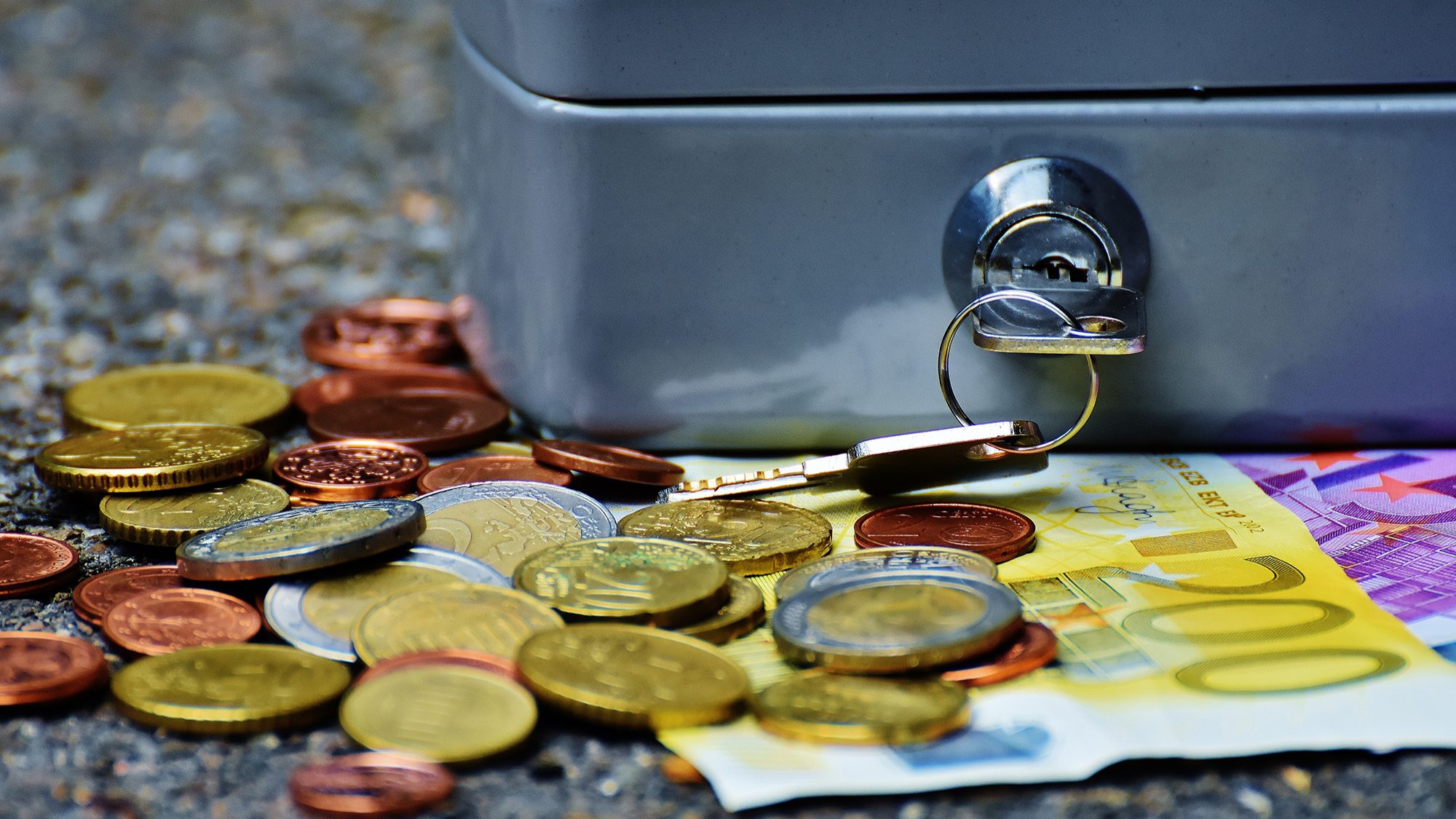Portuguese companies in the Angolan Market are optimistic, reinventing themselves, resisting crisis
A source from AICEP told Lusa that Portuguese companies are resisting the crisis and reinventing themselves in the Angolan market.
Portuguese companies are resisting the crisis, reinventing themselves in the Angolan market, with an optimistic outlook for the medium term, betting on the results of the government’s efforts to diversify the economy, a source from AICEP told Lusa.
The delegate for the Portuguese Investment and Foreign Trade Agency (AICEP) in Angola, Miguel Fontoura, in an interview with Lusa, coinciding with the celebration of Portugal Day at the Luanda International Fair (FILDA), outlined a moderately optimistic outlook for the next two years and encouraging in the medium term of five, ten years. “Angola is really making an effort to diversify and that will bear fruit, but it will not happen overnight,” he said.
Portuguese and Luso-Angolan businesspeople recently met Marcelo Rebelo de Sousa, at a dinner on Sunday at the end of his recent visit to Luanda, where the Portuguese president had the opportunity to hear the feelings of the business community in Angola.
Miguel Fontoura, noted that Portuguese companies continue to “believe in the Angolan market,” and have reinvented themselves and resisted, at a time when the African country is entering its sixth year of economic recession and, like the rest of the world, is suffering the negative impact of the pandemic.
Among the concerns expressed by entrepreneurs are the new variant Omicron, due to the uncertainty it poses in terms of movement of people, as well as the difficulties of a market that “is very promising” but continues in a recessive cycle.
Fontoura noted that AICEP had been supporting companies, identifying business opportunities and promoting partnerships with Angolan and Portuguese entities, but also acting together with the Portuguese government in settling late payments.
He noted the efforts that have been made to “solve these problems case by case,” and said that “giant steps” had been taken over the last three years, with many companies recovering their loans.
Also positive has been the “exchange rate normalisation” which gives “more security to companies”.
“The normal would be – and we are moving towards it, I believe – an economy that has the kwanza convertible so that transactions are made in kwanzas as they could be in Swiss francs or Swedish crowns”. Technically there are no issues that prevent the repatriation of profits, although there may be “occasional issues” related to the scarcity of foreign exchange.
The AICEP delegate also looked favourably on strengthening “business solidarity,” and said that at the dinner with Marcelo Rebelo de Sousa the idea of creating an informal business forum to exchange experiences and address relevant issues had been launched.
“We have over 1,000 companies in Angola and many do not know each other,” he said, announcing that AICEP planned to organise, next year, if the restrictions on Covid-19 are lifted, trade and investment seminars in Huambo, Huíla and Benguela to promote contacts and bring business people together.
This year, AICEP also took, “a step forward,” and mobilised the joint presence of a dozen Portuguese companies in the return of the 36th edition of FILDA, after the interruption of 2020 and three postponements this year, due to the pandemic situation.
Portugal ensures this year, the largest international representation at the event, which runs until Saturday, with companies from the construction sector, agri-food, metalworking industry and information and communication technologies.
“We wanted to show that we are present in difficult times and in Angola, where we have such a strong strategic interest, we could not afford not to be present at FILDA,” he added.
Asked if the results are worth the investment of the exhibitors, Miguel Fontoura pointed out that the return is not always immediate.
“It is about creating a relationship and nurturing that relationship, which may eventually lead to a business deal. Sometimes it can happen at the fair, but most business does not happen at FILDA. You meet people at FILDA, to establish a relationship and then sign a contract”.


